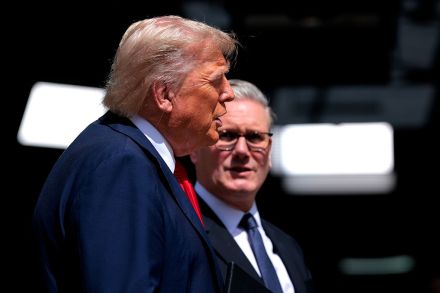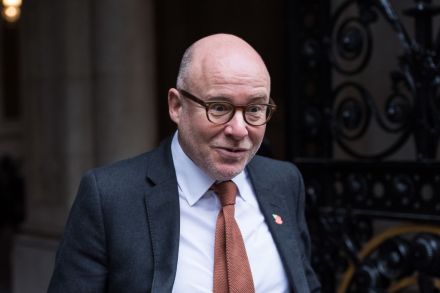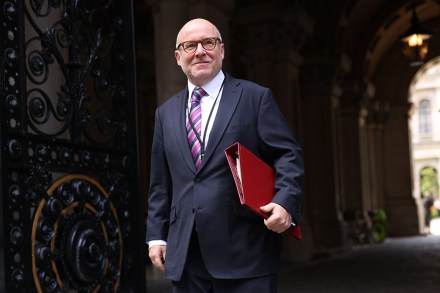Starmer’s authoritarian turn – with Ash Sarkar
15 min listen
Since the government’s decision to proscribe the group Palestine Action, arrests have mounted across the country, raising questions not only about the group’s tactics but also about the government’s handling of free speech and protest rights. On today’s special edition of Coffee House Shots, Michael Simmons is joined by The Spectator’s James Heale and journalist Ash Sarkar to debate whether this is evidence of an increasingly authoritarian bent to Starmer’s Labour. Has the ban made prosecutions easier, or has it created a chilling effect on freedom of expression? And is this further evidence of the overreach of the attorney-general, Lord Hermer? Also on the podcast, with Keir Starmer’s majority secured








